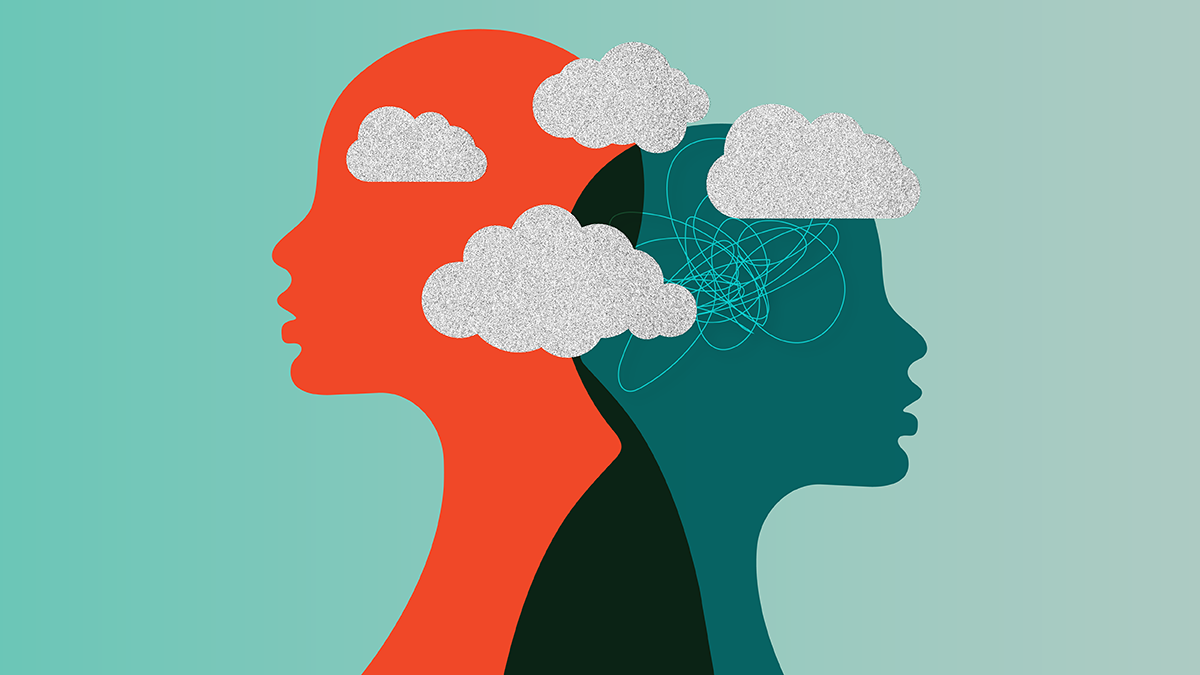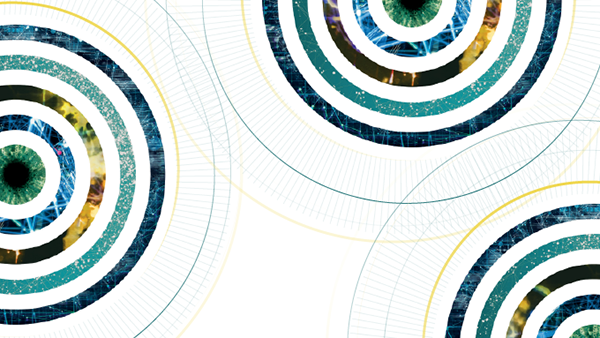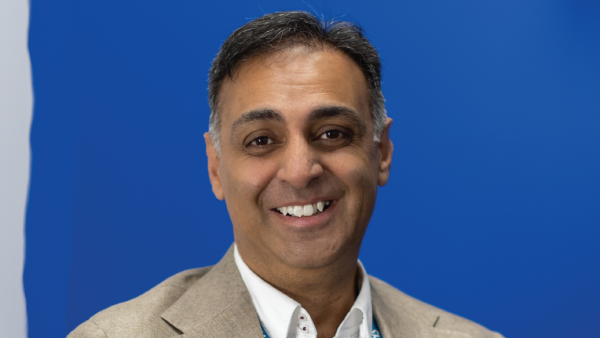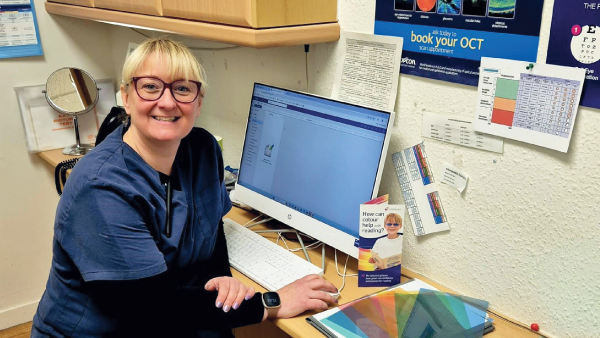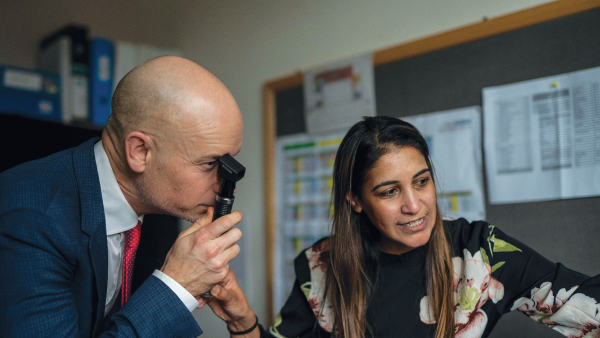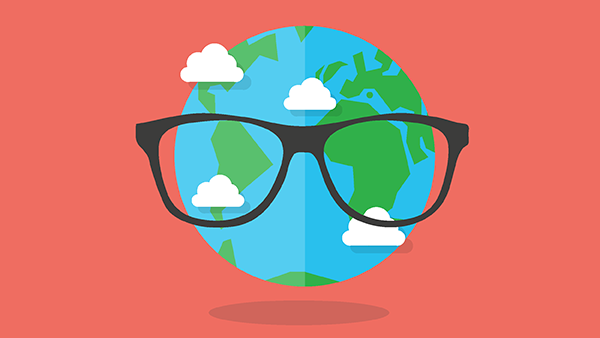Blue Monday
Second victim syndrome and depression in the ophthalmic community
Through our professional experiences, we all know that visual deficits, regardless of their severity, can cause depression in many of those we care for. Who hasn’t seen one of their patients cry in consultation because they can no longer work, read, or recognize once-familiar faces? Who has not encountered a patient break down in tears because they’re now unable to perform simple everyday tasks?
But what about the other party involved in this exchange? Throughout COVID-19, a number of studies investigated how the pandemic was affecting healthcare professionals, including the psychological impact on ophthalmologists (1). There were also studies looking at how the pandemic and its resultant lockdowns increased general cases of depression, with one large systematic review detailing a 27.6 percent increase in the prevalence of major depressive disorder after the initial outbreak (2).
The pandemic is over, yet I’m seeing more and more of my fellow eye care professionals (ECPs) – ophthalmologists, opticians, optometrists, and contact lens specialists – continue to experience heightened levels of anxiety, stress, and depression in their professional lives.
The BBC recently reported that, post-pandemic, many companies are investing in in-house mental health resources to satisfy their changing employee needs (3). For many other professions, it seems that depression is becoming less stigmatized, and transparency around mental health is more actively encouraged in the workplace. But ophthalmology requires near-constant face-to-face interactions with clients, patients, and colleagues; as such, this level of transparency is generally expected to be suppressed for the greater good of the patient. In accordance with professional standards – as well as society’s widely held opinion of physicians as infallible authority figures – an ophthalmologist is expected to keep a smile on their face at all times, even when they may be battling inner demons.
A recent American Journal of Surgery article estimated that almost 50 percent of health professionals will suffer from second victim syndrome (SVS) at least once in their career (4). SVS refers to trauma experienced by a healthcare provider following a complication or medical error resulting in significant mental stress to the provider. This syndrome can have long-lasting emotional consequences, affecting both personal and professional life. The repercussions of SVS can be psychological (shame, guilt, anxiety, depression), cognitive (lack of empathy, exhaustion, post-traumatic stress), and even spiritual in nature.
In a thematic analysis of 13 studies investigating the impacts of SVS on 1,069 surgeons from various specialties (5), it was found that anxiety affected between 18.1 percent and 66 percent of this demographic. Guilt – mainly due to the unique responsibility surgeons feel towards their patients – was listed as one of the most commonly expressed feelings in the survey, especially in instances of patient death.
Although usually short-lived, the symptoms of SVS – manifesting as headaches, weight fluctuations, nausea, abdominal pain, and palpitations – can affect performance, and even precipitate early retirement. But there should be no reason for ECPs – as with any other professional working in high-pressured and stressful environments – to be ashamed of feeling anxious, stressed, or depressed. To hide this feeling from ourselves – to try and deny it – is often the worst thing to do. The problem is not going to disappear on its own, and, if left unaddressed, will only continue to grow.
I believe that many in our profession would like to receive standardized help for depression. This could take the form of breaks from their activities, as well as more formal psychological assistance, such as counseling or therapy. There are also less formal options available, with the thematic analysis reporting that 81 percent of those surveyed found simple exchanges with colleagues to be the most effective kind of help for SVS.
As eye care professionals, we stress the importance of prevention over cure for our patients. It may be worthwhile taking this advice ourselves to avoid burnout and an early retirement that wasn’t desired but rather forced upon us because we didn’t address the root cause of the issue.
References
RC Khanna et al., “Psychological impact of COVID-19 on ophthalmologists-in-training and practicing ophthalmologists in India,” Indian J Ophthalmol, 68, 994 (2020). PMID: 32461412.
C Brasso et al., “Impact of COVID-19 pandemic on major depressive disorder in acute psychiatric inpatients,” Front Psychol, 14 (2023). PMID: 37303894.
BBC, “Therapy, at work? Companies are bringing clinicians directly to their employees” (2024). Available at: bbc.in/3Isvjz6.
L Nosanov et al., “The things we carry: The scope and impact of second victim syndrome,” The American Journal of Surgery, 226, 726 (2023). PMID: 37451938.
RIH Chong et al., “Scoping review of the second victim syndrome among surgeons: Understanding the impact, responses, and support systems,” Am J Surg, 229, 5 (2024). PMID: 37838505.
The New Optometrist Newsletter
Permission Statement
By opting-in, you agree to receive email communications from The New Optometrist. You will stay up-to-date with optometry content, news, events and sponsors information.
You can view our privacy policy here
Most Popular
Sign up to The New Optometrist Updates
Permission Statement
By opting-in, you agree to receive email communications from The New Optometrist. You will stay up-to-date with optometry content, news, events and sponsors information.
You can view our privacy policy here
Sign up to The New Optometrist Updates
Permission Statement
By opting-in, you agree to receive email communications from The New Optometrist. You will stay up-to-date with optometry content, news, events and sponsors information.
You can view our privacy policy here
